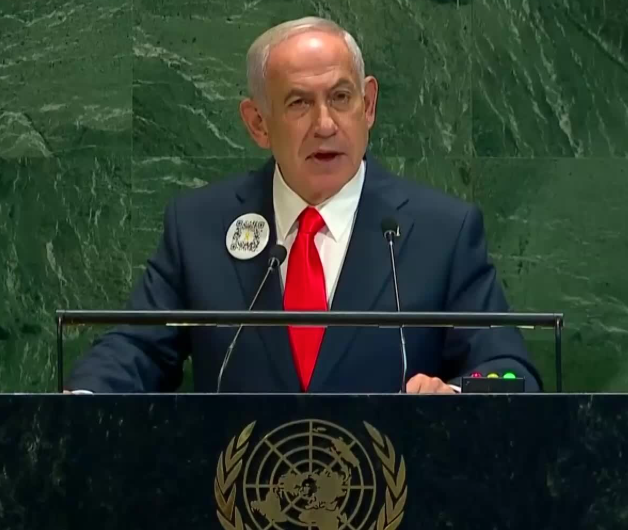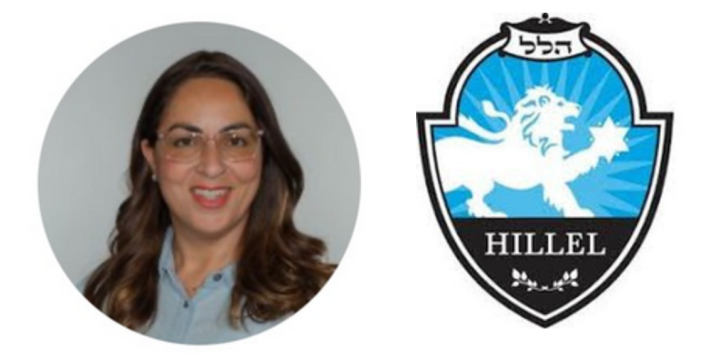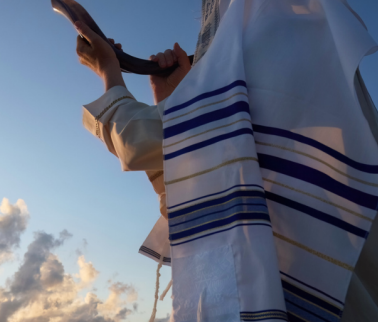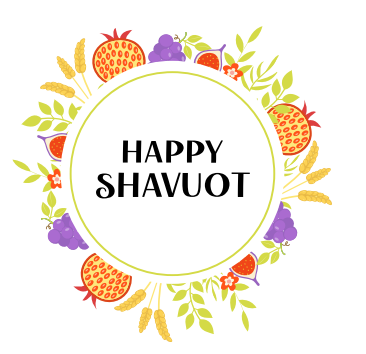The festival of Shavuot is one of the lesser celebrated holidays of the Jewish calendar. Its predecessor, Pesach, seems to take all the recognition, and our love for a proper Seder dinner evidently outweighs any urges we have toward stuffing our faces with cheesecake. That Shavuot is often ignored is a sorry truth, as the holiday itself is very important. In fact, it is actually a culmination of Pesach and its philosophies.
Shavuot is unique in that, unlike all other festivals mentioned in the Torah, it has no set date. One could easily search the Torah to find that Rosh HaShana is on the first of Tishrei, Yom Kippur on the tenth. But with Shavuot, this is not the case. Instead, one must go through the painful mathematical process of adding “fifty days” to the first of Pesach for determining when Shavuot falls on the calendar, as it is only defined as “seven weeks after Pesach.” Why doesn’t the Torah clearly state “Shavuot is always on this date,” just as it does for all other festivals? If Shavuot is important enough to be a holiday, isn’t it deserving of its own day?
The date of Shavuot being established in connection to Pesach is indicative of a relationship between the two holidays. A commemoration of the Yetziat Mitzrayim, during which G-d saved us, punished our oppressors, and revealed the extent of His relationship with us, Pesach is essential to Judaism. However, it is only seven weeks later, with the arrival of Shavuot, that the reason for our exodus, as well as what our relationship with G-d is built upon, become clear.
Shavuot is often referred to as “זמן מתן תורתנו” (“the time of the giving of the Torah”). At this point, we were given a system of beneficial laws and philosophies that truly set us apart as a nation and illustrated our connection to G-d. This Torah, which is so central to our existence and identity as a people, is not merely a book of rules we are expected to follow. It was, and forever will be, a tool for personal and national growth. Within it, we find the wisdom needed to live our lives as more thoughtful individuals. Thoroughly imbued with values such as chessed (kindness), ruach (spirit), and emet (truth), the Torah lays groundwork for a successful Jewish society. It is the true gift of G-d, and our recieval of it was the ultimate purpose of Yetziat Mitzrayim.
Alongside the traditional values we celebrate such as kindness and truth, one of the more treasured values continuously advocated by the Torah system is education. Throughout all of Jewish history, learning has been thoroughly stressed, and it is clear that our love of learning has led to our nation being characterized as both astute and versatile. It is fitting that, as the academic year comes to a close, we are reminded of the Torah and its values, amongst them the importance of learning. We must realize that this “learning” is not necessarily limited to what we are taught in our classes. With a greater amount of free time in the upcoming break, we will have many opportunities to focus on learning things we are passionate about, find relevance, and believe will help us grow as people. As with all values of the Torah, learning is innately positive for mankind. Embrace learning (in whatever form it takes), for it is integral to the success of the Jewish people.























